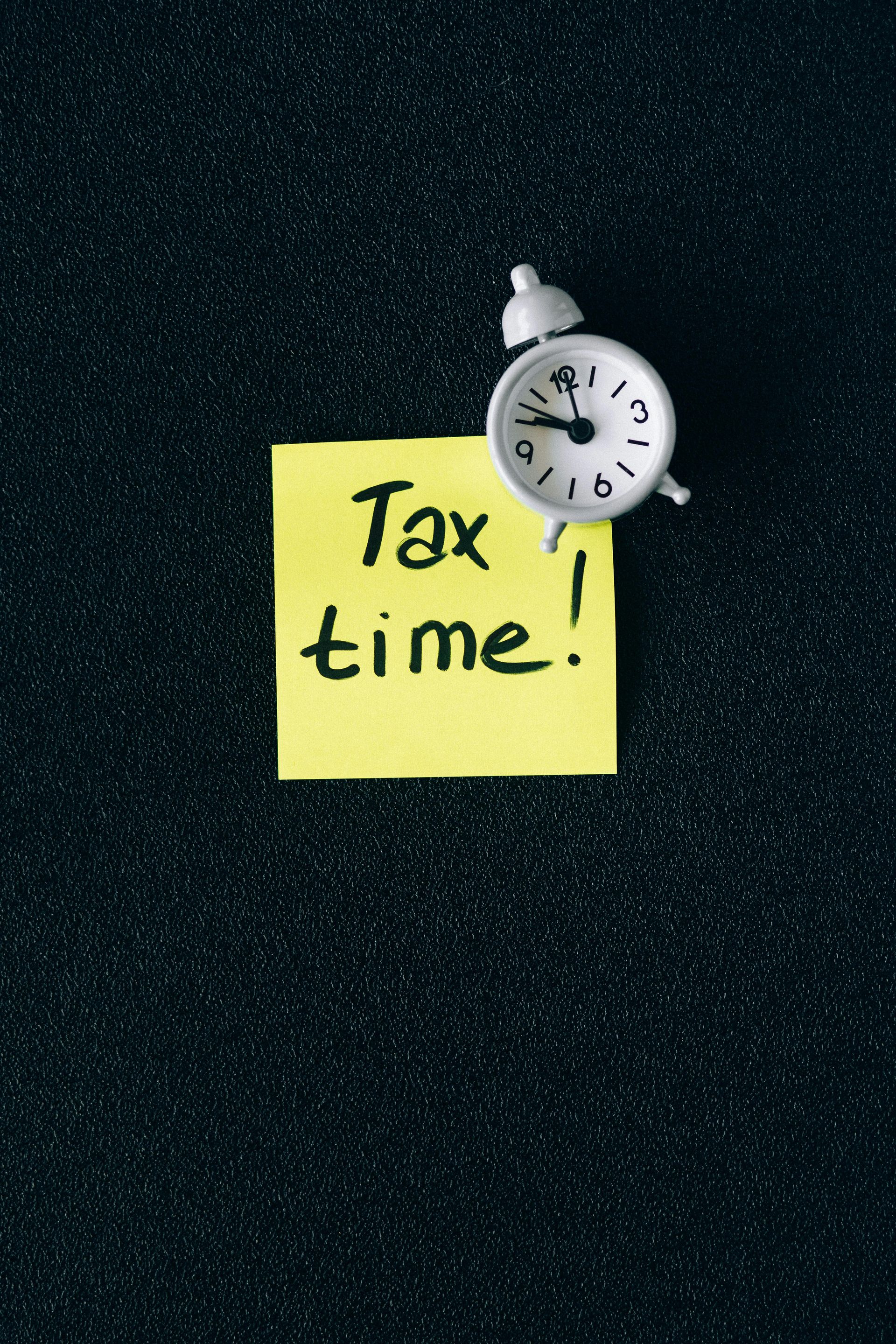
If you have a business in addition to your main employment, the non-commercial loss rules could apply to you, which may prevent you from deducting your business losses against your other income. Depending on your business activity, as long as you satisfy certain conditions, your business will not be subject to the non-commercial loss rules. If your business does not satisfy these conditions, don't fret, you can also apply to the Commissioner for an exemption under certain circumstances.
Do you run a side business in addition to your main employment? This could be in primary production (ie a farm or winery), retail or any other profession, trade, vocation or calling, provided it is not in a role of an employee. If you do, you may be subject to non-commercial loss rules, which are designed to restrict losses from "non-commercial" business activities from being offset against income from other sources, say your employment income.
A "non-commercial" business activity in this context is any business where the deductions exceed the assessable income in any particular year. However, the non-commercial loss rules will not apply (ie you are able to offset losses from the business activity against other income) under the following circumstances:
- the assessable income from the business for the year is at least $20,000;
- the business made a profit (for tax purposes) in at least 3 of the past 5 income years including the current year;
- the total value of real property (or interests in real property) used on a continuing basis to carry out the business is at least $500,000; or
- the total value of other assets (excluding cars, motorcycles or similar vehicles) used on a continuing basis in carrying on the business is at least $100,000.
The above conditions only apply to those with an adjusted taxable income of less than $250,000.
Those with an adjusted taxable income of $250,000 or more are considered to be "high-income earners" and will have their deductions from the business quarantined to the business activity.
As such, they will only be allowed to deduct the loss when the business makes a profit. However, high-income earners and those that who do not satisfy the above conditions can still make a request to the Commissioner of Taxation to exercise his or her discretion not to apply the rules.
The Commissioner may exercise his or her discretion to not apply the non-commercial loss rules if:
- the business was or will be affected by special circumstances outside of your control (eg natural disasters, unforeseen major accidents, government restrictions, illnesses affecting key personnel);
- if you are not a high-income earner, and the nature of the business means you will not satisfy the conditions, however, the business is objectively expected to make a profit or pass one of the conditions within a commercially viable period for the industry; or
- if you are a high-income earner, and the nature of the business is such that it has not and will not produce a tax profit for the year in question and there is an objective expectation that it will make a tax profit within a commercially viable period for the industry.
The exercise of discretion is based on an assessment of the facts in each case, as such, any application should be accompanied by supporting evidence of special circumstances, and/or evidence from independent sources including industry bodies, professional associations, and government agencies as to what a "commercially viable period" for the industry is.
If you're a primary producer or a professional artist (eg authors, playwrights, artists, sculptors, composers, performing artists and production associates) and your income from other sources that do not relate to the business is less than $40,000 (excluding net capital gains), you can ignore all of the above, as the non-commercial loss rules will not apply to you. You will be able to deduct any losses from the business against your other income, but you should beware of the $40,000 threshold which may change from year to year based on your personal circumstances.
Still not sure?
If you get the bulk of your income from being an employee and run a business on the side, we can help you figure out if you're subject to the non-commercial loss rules. Alternatively, we can help you apply for the Commissioner to exercise his or her discretion in relation to any business activity you may run so you can start deducting the losses while building your business.









